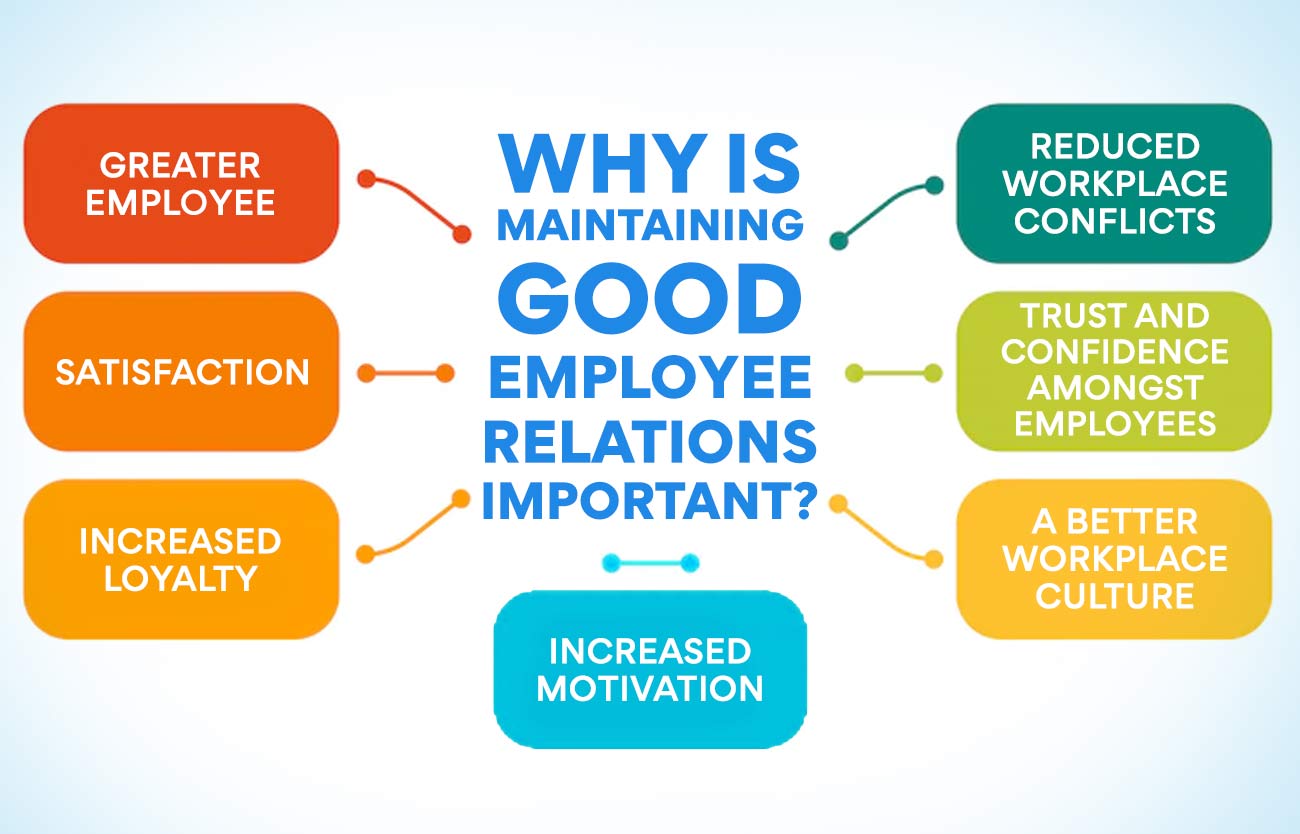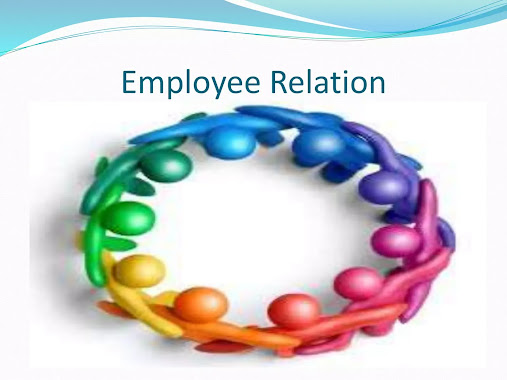EMPLOYEE RELATIONS OF HRM
What is Employee Relation
Employee relations refers to the relationship between employers and employees, It focuses on individual and collective relationship in the work place, as well as the overall management of the employer-employee relationship within an organisation. It encompasses various aspects such as communication, conflict resolution, employee rights, company policies, and employee engagement.
What Is Employee Relations and How Does It Help
Employee relations refers to the measures taken by a company to manage the relationships between managers and employees. This is usually undertaken by the HR department. The ideal relationship between a manager and an employee is one rooted in mutual respect, appreciation, and trust. If any of these three ingredients is missing, then something is wrong. Employees will end up feeling disengaged and unappreciated while managers will end up feeling disrespected and misunderstood.
It has become fashionable these days to state that employees are every organisation's greatest asset so you’d imagine that companies are paying enough attention to employee relations. Unfortunately many organisations still don’t give it the consideration it strongly deserves (erald Ainomugish)
- Contractual - Pertain to the agreement between an assembly line worker and the factory about working hours wages and job responsibilities
- Practical - Involve the day to day dynamics like the workers talking, rotating, breaks so that there are always people on the production line and hands on mentoring on how to work better.
- Physical - Relate to the safe and healthy working condition in the factory.
- Emotional - Cover the worker's morale, job satisfaction and connection with the employer & peer
Maintaining a balanced employer-employee relationship is overly understated. It needs conscious and continual efforts that can result in multiple benefits to an organisation. Some of the most successful businesses maintain employee relations at the Centre of their business strategy. Better employee relation can lead to the following: edurika(2023).

- Greater employee satisfaction – Employees who are satisfied with their work, workplace and employer will always work better and provide better results. Therefore, the more thought-through and personalised employee engagement, the greater will be your employee satisfaction.
- Increased loyalty – An organisation's biggest success factor is a loyal workforce. Better employee relation lead to a positive work environment. A positive work environment ensures a loyal workforce, reduced employee turnover and developed skilled labour in the long run.
- Increased motivation – Recognition at the workplace for a job well done is imperative to boost morale and keep employees motivated to continue performing. Appreciation is vital in building a positive growth environment for employees to stay motivated and increase performance results.
- Reduced workplace conflicts – Differences between an employer and employee can cause regular conflicts. Therefore it is imperative to have unbiased conflict resolution systems to manage and diffuse situations effectively.
- Trust and confidence amongst employees – Trust building is not only an employer’s responsibility but also requires similar employee efforts. However, the line of healthy and trusting communication has to start from higher up to enable building mutual trust and understanding.
- A better workplace culture – An organisation's efforts towards building a better workplace for their employees through effective employee engagement, perks, and fair practices make for constructive workplace culture. This helps not only an employee’s growth but also the organisation's.
1. Policy Making
Appropriate policy writing is the first step towards an efficient employee relations program. The conduct of employees in the workplace is governed by company policies. The HR manager is in charge of creating these policies and making sure that everyone in the company abides by them. Employee interactions are greatly influenced by the policies.
2. Creating incentive packages
At employment, benefits like health insurance, vacation time, sick days, and maternity leaves are all considered incentives. The HR manager collaborates with the staff to develop an optimal incentive plan
3. Act as a representative
As an HR manager, not only representing firm but also the employees. Maintaining a better employee relation can lead to avoiding conflicts and prolonging workplace satisfaction.
4. Negotiating contracts
Both the company and the employee should gain from the contract that the employee signs. In order to ensure good employee relations, it is essential to negotiate the contract with both parties in order to get a favourable end
In conclusion, Successful organisational outcomes, a great work environment, and productivity all depend on having good employee interactions. Through encouraging communication, resolving disputes, guaranteeing legal compliance, and fostering employee engagement and satisfaction, HRM plays a crucial part in managing employee relations. Organisations may foster a culture of trust, respect, and cooperation that benefits workers and the business as a whole by placing a high priority on employee relations.
Reference
- edurika.(2022),Better employee relation can lead to a rapid business expansion, Available at : https://www.edureka.co/blog/better-employee-relation-can-lead-to/Gerald
- Ainomugisha(2023)online Available at :https://inside.6q.io/author/gerald-ainomugisha/
- Asiya Zafar,(2023),Elevating Employee Relation,Linkedin (Online)


.webp)

Employee relation of HR is well described.
ReplyDelete